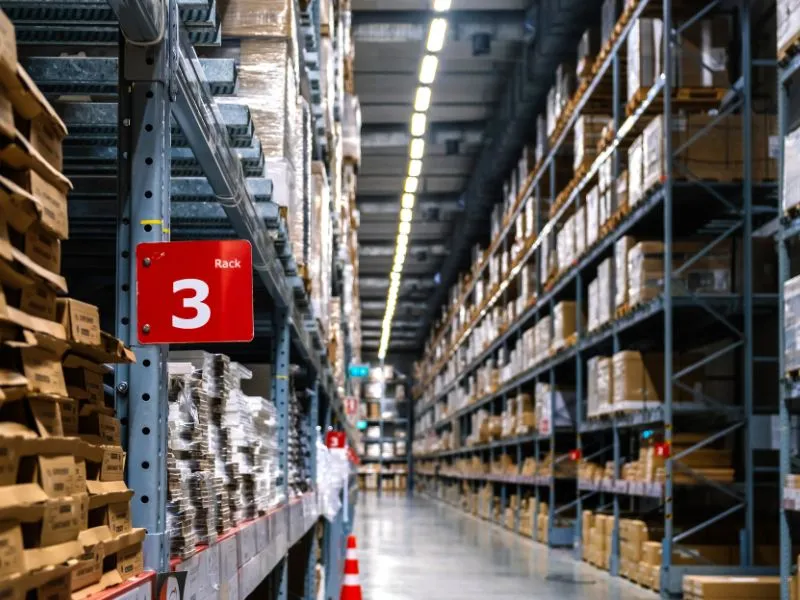Does it make sense to combine warehousing and co-packing services?
Table of Contents
There are companies which require only external warehouse services, for b2b business (wholesale) or e-commerce. There are also other which (most often because they already have their own logistics) require only external co-packing services. Either they need this service occasionally or they do not have right infrastructure for copacking.
The co-packing services require totally different infrastructure then warehousing. You need a large open space, sometimes long enough (60, or more meters long) to facilitate the “production” line. You need also a large number of employees, not that qualified (read – cheaper) then warehouse workers. Copacking is usually simple manual task, repetitive and not that complicated. This number varies from task to task, depending on its specifics.
So one thing is to decide on external 3pl partner, another is to find a partner for external co-packing service. When you search for such a partner, best is if you consider several constrains:
Capacity.
The co-packing very often means very extensive work in a very limited time
Looking for a copacking partner?
Check our offer and contact us.
Space available.
Co-packing requires large space for in-deliveries, another for copacking by itself and same big for ready made stands. The typical racks are not the best solution, as not all readymade stands can be stocked up, and even less in a couple of layers. You need also space for stands as such and for waste and litter. Not every co-packing partner has such, so would be good to check it before the action.
Docks.
Co-packing means many in-deliveries at the same time, same with outbound logistics. Make sure that availability of docks does not limit the capacity of you co-packing partner.
Availability.
One copacking action usually occupies all the space available, so make sure your copacking partner has a “window of availability” at the time you require.
Flexibility.
There are different types of co-packing actions. Some are small, some require even night shifts and many co-workers. Make sure, your potential co-packing partner has such a flexibility and experience with different sizes of actions.
Experience.
Typically co-packing is delivered to chains of stores, directly or to their distribution centers. They have sometimes very specific requirements when comes to timing, size of trucks, markings and labelling or documentation. If the delivery does not meet those requirements you risk high penalties and/or refusal to unload/reception of goods. Make sure your co-packing partner knows the rules and has experience with them.
Edyta Pogorzelska
Call us
Write a message

